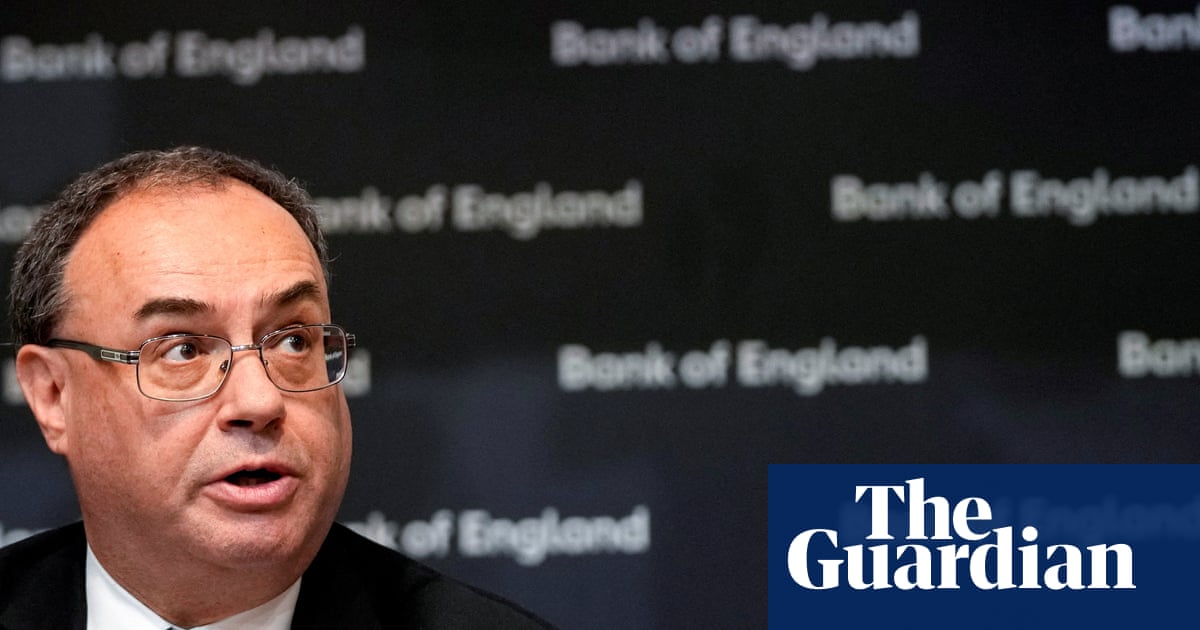
Bank of England officials were excluded from discussions ahead of the mini-budget last month that triggered a “full-scale liquidation event” for pension funds, MPs heard on Wednesday.
Deputy governor Sir Jon Cunliffe, who said the central bank was forced into battle to save the £1.5tn pensions industry from insolvency, also warned ministers against grabbing fresh powers to meddle in the decisions of regulators or risk a further deterioration in the UK’s international reputation.
Cunliffe, who has responsibility for the UK’s financial stability, said the central bank was usually briefed confidentially by the Treasury ahead of a budget to allow officials to include the impact of public spending announcements in monetary policy.
However, on this occasion, the Bank’s financial policy committee was blindsided and members of the nine-strong monetary policy committee (MPC) were unable to consider how £45bn of unfunded tax cuts would affect the economic outlook and financial markets.
He said: “Like others, we knew there was a fiscal event and we knew some of the things that would be in it because it was very public and in the Conservative leadership campaign.
“But some things were a surprise on the day, to us as to others,” he added. “We did not have a full briefing of the package the night before.”
He told the all-party Treasury committee that the Bank would have advised the government if it knew there would be such a dramatic knock-on effect on market stability.
“Had they asked us what the market reaction would be, we would have interacted with them,” he said.
Cunliffe said the MPC would usually be handed a report by the Treasury’s independent forecaster, the Office for Budget Responsibility (OBR), before making decisions about interest rates when a budget was imminent.
The MPC raised interest rates by 0.5% on the day before the mini-budget.
“When they [the Treasury] brief us normally on the budget, we see the OBR costings. And that’s what we take into account in monetary policy and the like. But there were no OBR costings here,” said Cunliffe.
“It was a different sort of event, if I can put it that way, in many respects.”
Andrew Hauser, the Bank’s executive director for markets, described the sell-off on the Monday following Kwarteng’s mini-budget as “a full-scale liquidation event” and “completely out of control”.
He said pension fund managers were “shouting on the phone to us” as the panic triggered by Kwarteng’s mini-budget escalated.
Cunliffe defended the Bank’s regulation of pension funds, saying it was not clear in 2018, when pension funds passed a stress-test exercise, that it was possible for financial markets to move in the violent manner seen after the mini-budget.
Within three days of the mini-budget, the Bank was forced to step in and launch an emergency bond-buying programme to settle the markets, after the interest on government bonds – known as gilt yields – surged to about 5%.
Cunliffe said the Bank’s intervention into the bonds market followed a period of historic rises in yields.
“The five biggest movements in long-dated gilt yields since we started keeping a record in 2000 came in the period after 23 September, until the Bank intervened in the gilt market.”
He added that there was “clearly” a UK component to the market chaos, even though markets are stretched internationally.
Speaking to a separate committee scrutinising the Financial Services and Markets Bill on Wednesday, Cunliffe warned that the government’s attempt to introduce so-called call-in powers to intervene in the work of UK regulators would harm the country’s international reputation.
In response to questions about how the recent market turmoil was exaggerated by similar undermining of national institutions, including the OBR, Cunliffe said: “Giving the ministers an ability to take a second judgement on a decision a regulator has made … would affect the perception [by international markets] of the independence of the regulatory part of the Bank of England.”
Shadow City minister and Labour MP Tulip Siddiq, who sits on the committee scrutinising the bill, later said: “The new chancellor should listen to the warnings from the deputy governor and ditch his dangerous proposed power to override decisions made by financial services regulators.”
Martin Taylor, a former Bank of England regulator and chief executive of Barclays, said: “While it doesn’t turn us into Argentina or Turkey overnight, that is the direction of travel.”
Taylor added that “independence and transparency” of the regulatory process was “one of the factors” that made London attractive as a financial centre.
“International investors would have noted [the call-in powers] and that it has a bad smell,” he said.












